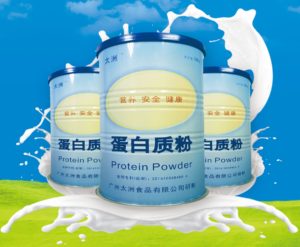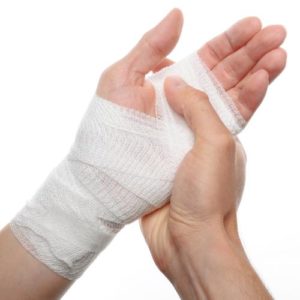The only conscious thought you can make when you get hurt is “Oh!” (Or maybe a less-than-friendly exclamation mark) – but your body has started a complex healing process in four stages when pain comes.
- 1. Wound healing stage
When the wound is damaged to the dermis, the primary task of your body’s inner lining, your body, is to stop any bleeding and at the same time close the passage to keep the bacteria from invading the vulnerable internal organs. Within a few minutes, platelets in the blood begin to adhere to the injured site and bind together, which is known as the hemostasis phase of wound healing (better known as the blood clotting phase).
- 2. Wound healing inflammatory stage
As the broken blood vessels in the wound become clogged, your body releases its molecules and removes dead tissue, bacteria, and any foreign body that enters the site of the injury. Leukocytes begin to phagocytose and the vasodilators expand so that important antibodies, growth factors, nutrients and enzymes reach the wound. This is the stage of inflammation of the wound healing, which is accompanied by some of the less pleasant pain, swelling, redness and other difficulties that make the injured body part.
- 3 Wound healing stage of proliferation
Next is the time to start rebuilding damaged wounds. New capillaries and fibroblasts rushed to the scene, secreting collagen and other substances to help form new connective tissue. Myofibroblasts help reduce the wound by grasping the edges of the injured area and contracting, leading to a sense of tightness that may occur when the wound begins to heal. This is the stage of wound healing.
- Remodeling or maturity stage
Collagen fibers reorganize and any cells that are no longer needed will die and heal. This stage may occur in a few weeks, months or even years after the injury occurred. Imagine scars that are red and bumpy in the early stages of healing, but slowly become smooth, fade, and may even disappear over time.
Basically, your body is faithfully performing a series of highly regulated procedures to help the wound heal well. In the process, sufficient reserves of protein and micronutrients will come in handy. They are already taken in your diet, and you need regular supplements of nutritious food. The cellular activity and metabolic demands that occur during the wound healing phase will increase, which means you will be using your stored resources faster than usual. This means it’s time to improve your diet with trauma-supported nutrition.
- What is it?
Your body needs lots of nutrients to coordinate complex healing processes, but it also relies on the key nutrients of Vitamin A, Vitamin C, zinc, dietary protein, arginine, glutamine and bromelain. This is a key point to support and can even help speed treatment.

Here we recommend that you use the Taizhou® Protein Powder, for the urgent need to add protein, micronutrients and so on after injury, to speed up wound healing patients is the preferred nutritional supplements, and is suitable for patients with diabetes, hypoproteinemia, gastrointestinal disorders , But also for people who use protein diet to lose weight, vegetarian population as a meal replacement.

Leave a Reply